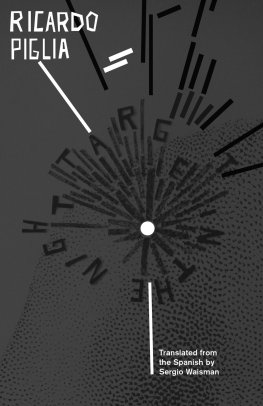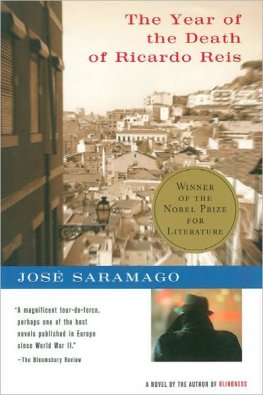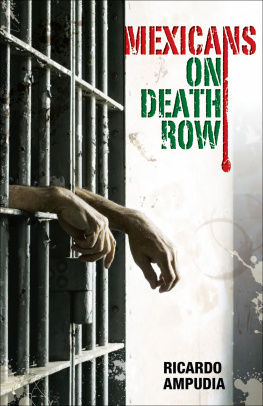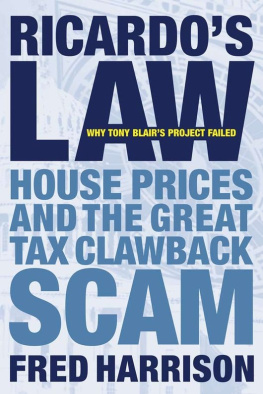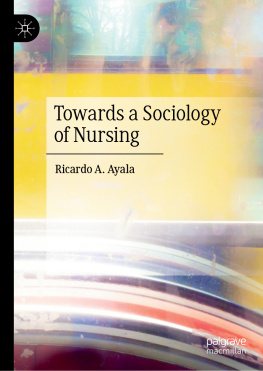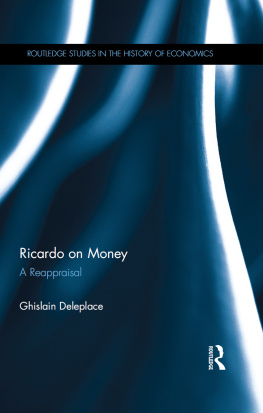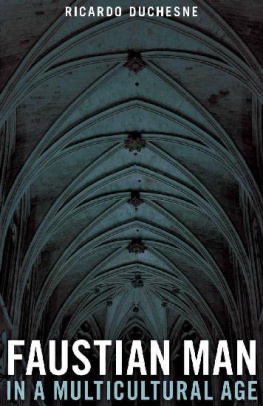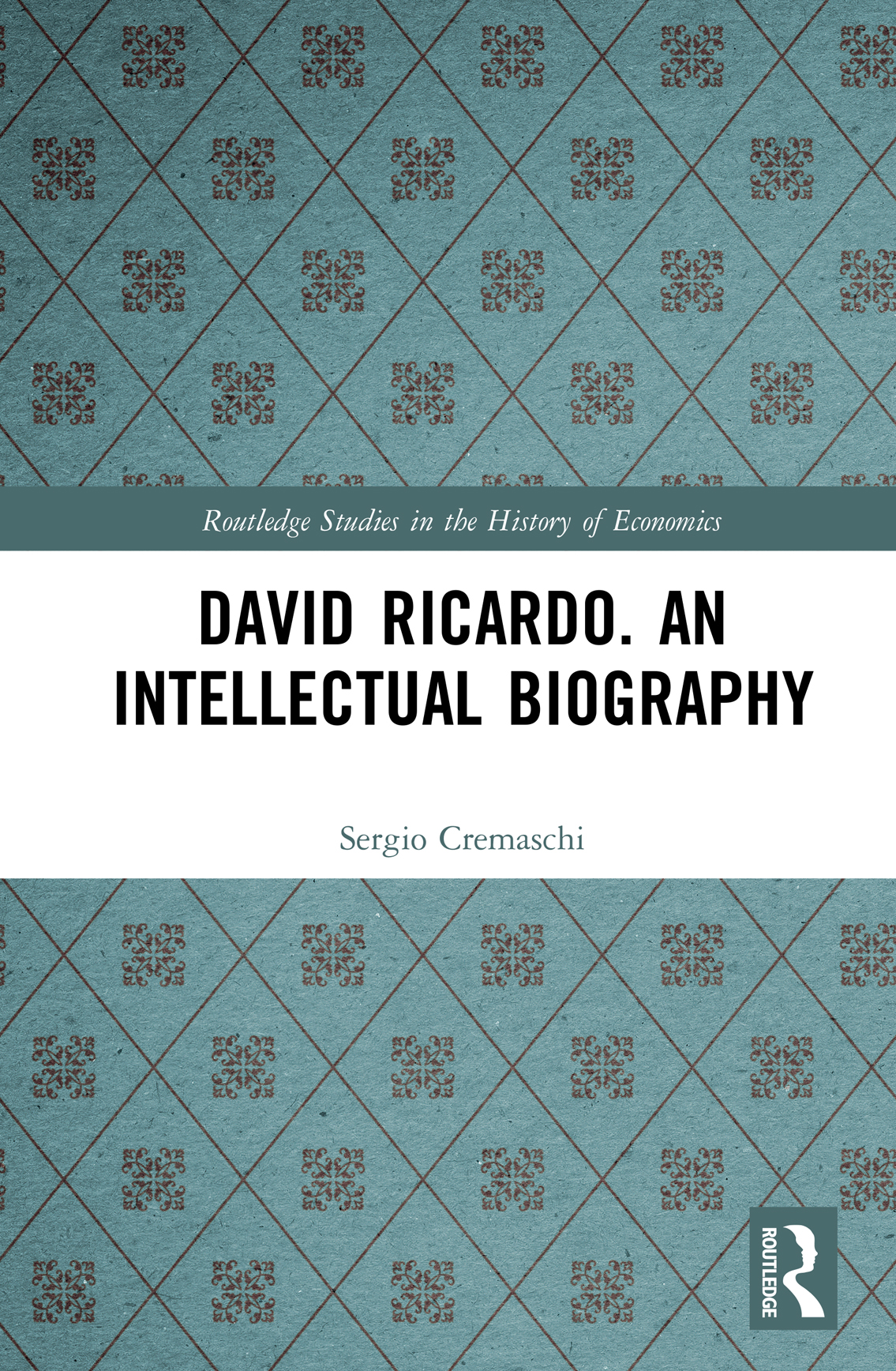David Ricardo. An Intellectual Biography
David Ricardo has been acclaimed or vilified for merits he would never have dreamt of, or sins for which he was entirely innocent. Entrenched mythology labels him as a utilitarian economist, an enemy of the working class, an impractical theorist, a scientist with no philosophy at all and the author of a formalist methodological revolution. Exploring a middle ground between theory and biography, this book explores the formative intellectual encounters of a man who came to economic studies via other experiences, thus bridging the gap between the historical Ricardo and the economists Ricardo.
The chapters undertake a thorough analysis of Ricardos writings in their context, asking who was speaking, what audience was being addressed, with what communicative intentions, using what kind of lexicon and communicative conventions, and starting with what shared knowledge. The work opens in presenting the different religious communities with which Ricardo was in touch. It goes on to describe his education in the leading science of the time geology before he turned to the study of political economy. Another chapter discusses five philosophers students of logic, ethics and politics with whom he was in touch. From correspondence, manuscripts and publications, the closing chapters reconstruct, firstly, Ricardos ideas on scientific method, the limits of the abstract science and its application, and, secondly, his ideas on ethics and politics and their impact on strategies for improving the condition of the working class.
This book sheds new light on Ricardian economics, providing an invaluable service to readers of economic methodology, philosophy of economics, the history of economic thought, political thought and philosophy.
Sergio Cremaschi is a former Reader of Moral Philosophy at the Amedeo Avogadro University at Vercelli, Italy.
Routledge Studies in the History of Economics
- John Locke and the Bank of England
Claude Roche
- Poverty in Contemporary Economic Thought
Edited by Mats Lundahl, Daniel Rauhut and Neelambar Hatti
- Thomas Aquinas and the Civil Economy Tradition
The Mediterranean Spirit of Capitalism
Paolo Santori
- The Macroeconomics of Malthus
John Pullen
- Competition, Value and Distribution in Classical Economics
Studies in Long-Period Analysis
Heinz D. Kurz and Neri Salvadori
- David Ricardo. An Intellectual Biography
Sergio Cremaschi
- Humanity and Nature in Economic Thought
Searching for the Organic Origins of the Economy
Edited by Gbor Br
- European and Chinese Histories of Economic Thought
Theories and Images of Good Governance
Edited by Iwo Amelung and Bertram Schefold
For more information about this series, please visit www.routledge.com/series/SE0341
First published 2022
by Routledge
2 Park Square, Milton Park, Abingdon, Oxon, OX14 4RN
and by Routledge
605 Third Avenue, New York, NY 10158
Routledge is an imprint of the Taylor & Francis Group, an informa business
2022 Sergio Cremaschi
The right of Sergio Cremaschi to be identified as author of this work has been asserted by him in accordance with sections 77 and 78 of the Copyright, Designs and Patents Act 1988.
All rights reserved. No part of this book may be reprinted or reproduced or utilised in any form or by any electronic, mechanical, or other means, now known or hereafter invented, including photocopying and recording, or in any information storage or retrieval system, without permission in writing from the publishers.
Trademark notice: Product or corporate names may be trademarks or registered trademarks, and are used only for identification and explanation without intent to infringe.
British Library Cataloguing-in-Publication Data
A catalogue record for this book is available from the British Library
Library of Congress Cataloging-in-Publication Data
Names: Cremaschi, Sergio, 1949 author.
Title: David Ricardo : an intellectual biography / Sergio Cremaschi.
Description: Abingdon, Oxon ; New York, NY : Routledge, 2022. | Series: Routledge studies in the history of economics | Includes bibliographical references and index.
Subjects: LCSH: Ricardo, David, 1772-1823. | EconomistsGreat BritainBiography. | EconomicsPhilosophy. | EconomicsMoral and ethical aspects.
Classification: LCC HB103.R5 C74 2022 (print) | LCC HB103.R5 (ebook) | DDC 330.092 [B]dc23
LC record available at https://lccn.loc.gov/2021024296
LC ebook record available at https://lccn.loc.gov/2021024297
ISBN: 978-0-367-75345-0 (hbk)
ISBN: 978-0-367-75347-4 (pbk)
ISBN: 978-1-003-16210-0 (ebk)
DOI: 10.4324/9781003162100
Typeset in Bembo
by codeMantra
About the author
Sergio Cremaschi (Bergamo 1949), Dottore in Filosofia from the Catholic University, Milan, in 1971, after two years working in Somalia as a preparatory schoolteacher, was a research fellow at the Catholic University and Venice University and senior lecturer at the Catholic University. He was Reader of Philosophy of Religion at Ferrara University, then of Moral Philosophy at Turin University and the Amedeo Avogadro University at Vercelli. He was a visiting fellow or lecturer at the New School for Social Research, New York, the Hebrew University, Jerusalem, Aarhus University, Denmark, Nuffield College, Oxford, and the University of Mlaga. He has published on ethics and the history and philosophy of economics. He retired in 2014.
Preface Science, logic, ethics and theology in Ricardos intellectual biography
This book is a contextual reconstruction of an economists intellectual biography. The purpose is to look where others did not, due to such factors as inapt modernisation, proneness to accept received views, constraints created by boundaries between disciplines and historiographic mythology.
The intent is to buy intellectual history, not in bulk but in retail. This implies looking at the co-text whenever the text is silent and at the context to make sense of what the text says or omits to say; it implies screening out what the text may not mean from what it may mean, reading utterances going beyond their literal meaning to seek out the speakers communicative intentions, original audience and knowledge shared with that audience. Besides, it implies looking at the history of economic thought through spectacles different from the economists, at the history of political ideas without reducing it programmatically to an appendix of the history of economic thought, at the history of ethics as the hotbed where the economic theory was sprouting and at the history of religion without secularist prejudice.
Sraffas edition is still the starting point. He made an exceptionally meticulous job of it, despite not being a historian but rather an economist on loan to history. Yet, just like anyone elses, his personal history and theoretical approach carried a pre-comprehension that led to him emphasising some aspects and downplaying others. Thus a few chapters in the book try to cover blanks in Sraffas reconstruction, including examples such as the story of the Italian liberal rabbi who, even before Ricardo was born, attempted to give a new start to Londons Sephardic community; women intellectuals in the Delvalle-Ricardo family; the birth of the new magmatic science of geology; Unitarianism with its rationalist and socially committed message; and Ricardos philosophical reading.


